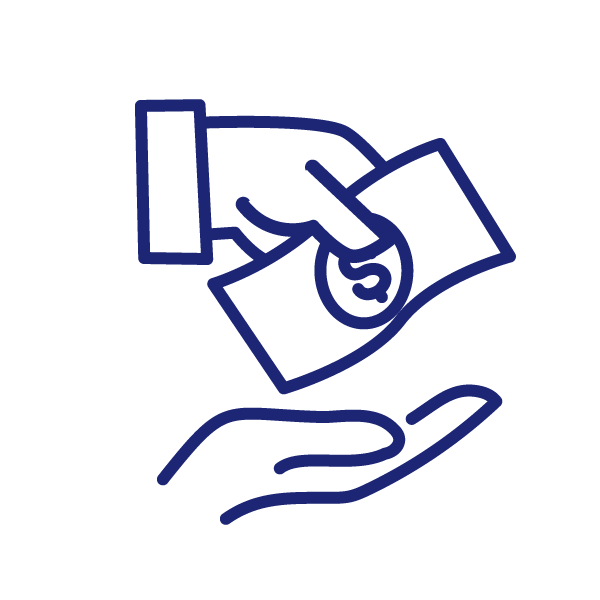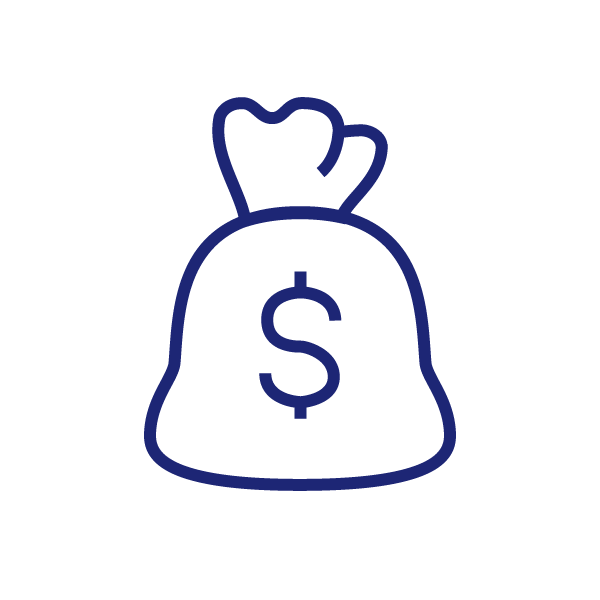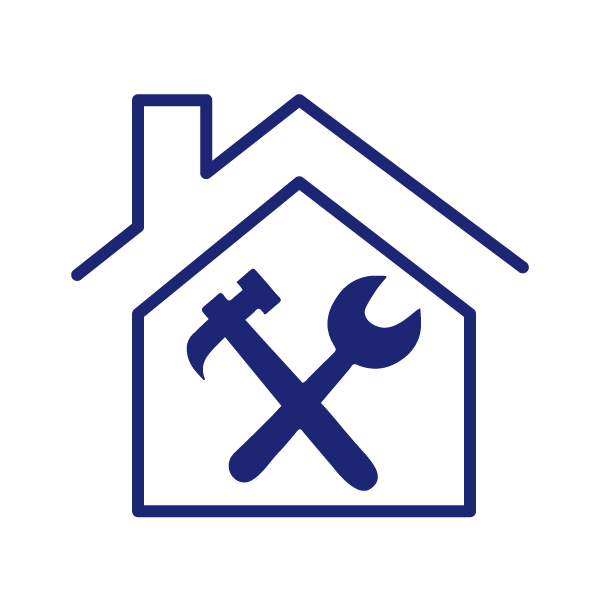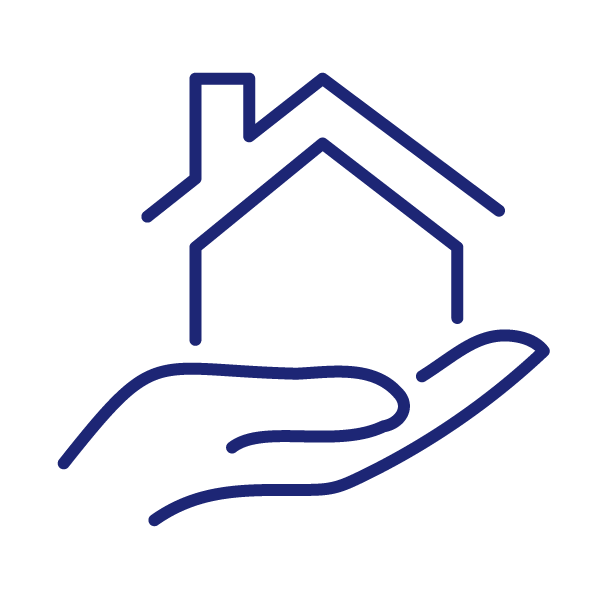If you have been making mortgage payments on your home for at least a few years or your home has gone up in value since you bought it – or both – you have built up equity in your home. Home equity is the market value of your home minus what you owe on your mortgage. For example, if the market value of your home today is $750,000 and your mortgage balance is $650,000, you have $100,000 of equity in your home.
Building equity in your home is a little like long-term investing – you are building wealth in an asset that, in turn, will boost your net worth. Having equity is also beneficial because it provides the opportunity to borrow against it to meet financial needs and goals through a Home Equity Line of Credit (HELOC), a home equity loan, or a refinance. Today, approximately 27% of Canadian homeowners have a HELOC1, which can be used to achieve something that matters, such as paying for a home renovation, covering the costs of post-secondary education or consolidating debt.
Ways to build equity in your home
You can build equity in your home in a few different ways, but equity is essentially created when the value of your home increases and when the balance of your mortgage goes down. While you can’t control the housing market, there are ways you can actively build equity in your home.
1. Accelerating your mortgage payments |
1. Accelerating your mortgage paymentsIf you make a down payment of 20% on your home when you first purchase it, you immediately have 20% equity in your home. Then, with every mortgage payment, the amount of principal that gets applied to your outstanding balance contributes to your equity. While this is a very straightforward path to building equity, there are ways you can build equity even faster – one is by accelerating your mortgage payments. When you switch from monthly to bi-weekly mortgage payments, for instance, you end up making 26 payments per year instead of 12 – the equivalent of 13 full monthly payments. Through this process, you can pay down your mortgage faster and, therefore, build equity faster. We can illustrate how this works with an example: Say your regular monthly mortgage payment is $1,200 once per month. Over the course of a year, you will make mortgage payments totalling $14,400. When you change to bi-weekly payments, you make payments every two weeks. Instead of paying $1,200 dollars per month, you will pay $600 every two weeks. And, because some months are longer than others, you will end up making an extra mortgage payment each year – 26 bi-weekly payments totalling $15,600. With an extra payment each year, you can pay down your principal and build your equity faster than you would with the monthly payment strategy. Use our Mortgage Calculator to see how switching to a bi-weekly payment schedule can enable you to build your home equity faster. |
2. Make lump sum payments |
2. Make lump sum paymentsAnother proven way to reduce your mortgage balance – and build your equity – at a quicker pace is to make lump sum payments to your mortgage. Many lenders will offer a lump sum payment option with your mortgage, which allows you to make a larger payment toward your mortgage principal outside of your regular payments. For example, at MCAP, you can pay up to 20% of the original amount you borrowed every year without penalty. If your original mortgage amount was $500,000, for instance, you can make a lump sum payment of up to $100,000 every year. The truly powerful part of making lump sum payments is that these payments go directly to your mortgage principal – so every lump sum payment you make has a direct impact on your balance and immediately boosts your home equity. While it may sometimes feel difficult to accumulate a lump sum amount, these strategies can help you find ways to save for a lump sum payment. |
3. Take on home renovations |
3. Take on home renovationsBesides paying down your mortgage balance, the other way you can build equity is by increasing the value of your home. Some renovations will boost your home’s value more than others – kitchen remodels, and bathroom expansions have historically offered excellent return on investment – but not all renovations need to be comprehensive to have an impact. Replacing your garage door, giving your home a fresh coat of paint and adding privacy to your backyard space can all improve the value of your home. Get tips on how to make your renovation a rewarding experience. If you take on renovations and plan on accessing your home’s equity once the work is done, getting a home appraisal will help determine the updated value of your home and the amount of equity you have available to leverage. Want to use your current equity to fund your renovations? Find out more about how this works. |
4. Stay in the market |
4. Stay in the marketAccording to the Canadian Real Estate Association2, the average Canadian home has increased by 143.5%, or 6.11% per year over the last 15 years. So, if history is any indication, the value of your home will increase over time on its own. By continuing to own your home, and making your mortgage payments, you will naturally build equity over time. Building equity in your home is simple to achieve – and having that equity available to you can be invaluable should you wish to leverage it for other goals in your life. Through products such as a home equity line of credit or home equity loan, you can use your equity to finance big projects or life events or to consolidate higher interest rate debt and improve your cash flow. Whether you choose to use your home equity or simply continue to build it over time, your home equity is an important part of your overall financial picture. |
Connect with an MCAP Expert Today
Do you have an MCAP mortgage? Interested in a using your home equity? Contact us for more information.
1 Source: Rates.ca following an online survey of 1,507 Canadians (972 homeowners), completed between June 3 and 5, 2022, using Leger’s online panel.
2 CREA: Housing Market Stats




